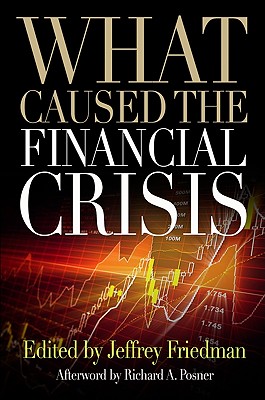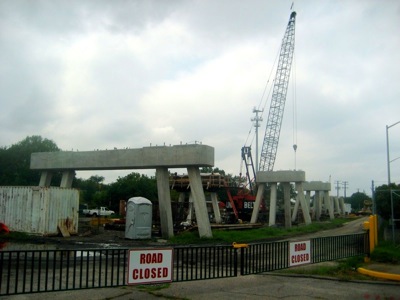In addition to mentioning high-speed rail a couple of times, President Obama’s state of the union speech mentioned the need to regulate the finance industry to prevent the kind of global crisis that took place in 2008. This received one of the loudest applauses of the evening as it has become conventional wisdom that the crisis was due to banker greed and the lack of regulation. “The main cause of the crisis was the behavior of the banks–largely a result of misguided incentives unrestrained by good regulation,” says Nobel-prize winning economist Joseph Stiglitz.

An alternate view is provided by Jeffrey Friedman: the crisis was actually caused by too much regulation, most of which had been written precisely to prevent such crises. But instead of preventing financial panics, successive waves of regulation each laid the groundwork for the next crash. Friedman presents his view in a new book, What Caused the Financial Crisis, which also includes the paper by Stiglitz that contains the above quote.









